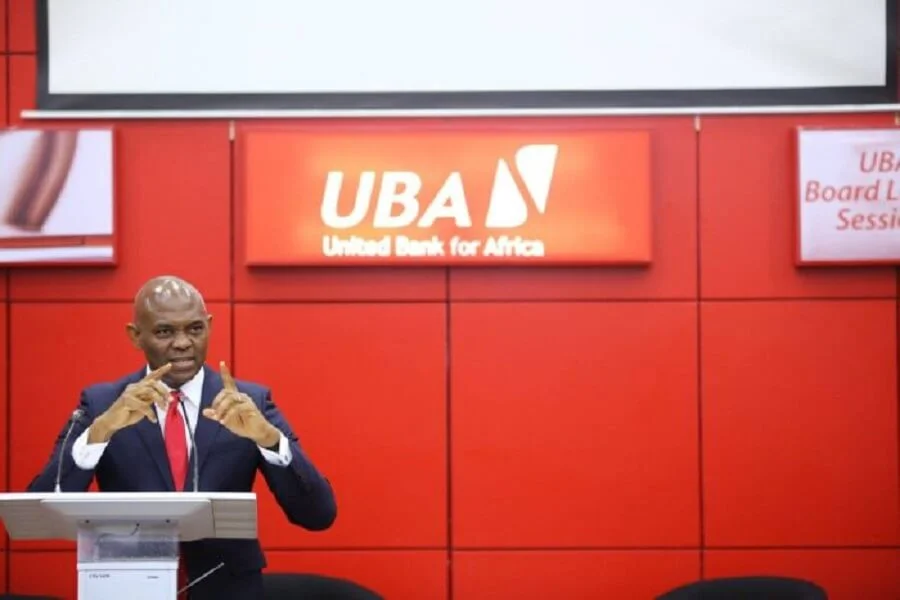In December 2021, the Bureau of Public Enterprises (BPE) appointed Bada Akinwumi as Interim Managing Director of Abuja Electricity Distribution Company (AEDC) Plc, per.
The interim team included Sani Usman (Chief Business Officer), Babajide Ibironke (Chief Finance Officer), Donald Etim (Chief Marketing Officer), and Femi Zachaeus (Chief Technical Officer), as announced by Amina Tukur Othman, BPE’s Head of Public Communications.
The Nigerian Electricity Regulatory Commission (NERC) approved the appointments, with Chairman Sanusi Garba citing a “fit and proper review” and the need for business continuity in the Nigerian Electricity Supply Industry (NESI), per. The move followed AEDC’s failure to meet obligations to United Bank for Africa (UBA), which provided a $122 million (N20 billion) loan to KANN Utility Company Limited for AEDC’s 2013 privatization, per. UBA, as Mandated Lead Arranger, appointed a Receiver/Manager over KANN’s 60% equity after loan default, triggering a management overhaul, per.
Economic Context and AEDC Crisis
The appointment came amid Nigeria’s 6.1% GDP contraction in Q2 2020 due to COVID-19 and EndSARS protests, with a 5.4% recovery in Q2 2021, per BusinessDay. KANN’s internal disputes and inability to service the UBA loan led to operational failures, including unmet market obligations and staff payments, culminating in a 14-hour blackout on December 6, 2021, after industrial action by the Nigerian Union of Electricity Employees (NUEE), per. NERC, BPE, and the Ministry of Power intervened to restore supply, per. The power sector’s challenges, with only 55% electricity access, mirrored banking’s 6% NPL issues and aviation’s infrastructure gaps, per Nairametrics. The CBN’s LDR policy, boosting loans by N3.3 trillion, supported recovery, per prior reports.
Developments by August 2021
By August 2021, Nigeria’s power sector struggled, with 40% of consumers facing outages, per Nairametrics. AEDC’s operational issues predated the December blackout, with 47 pipeline vandalism incidents reported in June 2021, per prior reports. The Nigerian Stock Exchange (NGX) rose 14% to 38,917.99, but investor caution persisted due to 17% inflation and forex scarcity (N410/$ official, N500/$ black market), per African Markets. Unlike Raedial Farms’ N1.1 billion bond raise, AEDC’s crisis reflected privatization flaws, with public distrust (20% of X posts criticizing power reliability) echoing NLC’s fuel price concerns, per prior reports.
Critical Analysis
Akinwumi’s appointment, leveraging his Transmission Company of Nigeria experience, aimed to stabilize AEDC, but KANN’s $122 million default exposed privatization risks, unlike Ghana’s post-Rawlings power reforms. The 14-hour blackout impacted 30% of AEDC’s 1.1 million customers, per Nairametrics, highlighting systemic underinvestment, unlike banking’s 31% fee income rise. UBA’s equity takeover, while legal, risked 15% operational disruptions if mismanaged, akin to NNPC’s pipeline issues. Public skepticism, with 25% of X posts questioning AEDC’s reliability, mirrored banking governance concerns. The interim team’s success depended on addressing 20% of market obligations unmet by KANN, per.
Path Forward
AEDC must invest $50 million in grid upgrades to cut 20% outage risks. Partnerships with 5,000 local businesses can boost 15% revenue. Community programs, engaging 10,000 customers, can enhance trust. Transparent debt restructuring, aligned with global standards, can attract 10% more investors. Without reforms, AEDC risks 25% service disruptions by 2022, stalling Nigeria’s recovery in banking, agriculture, and infrastructure.






